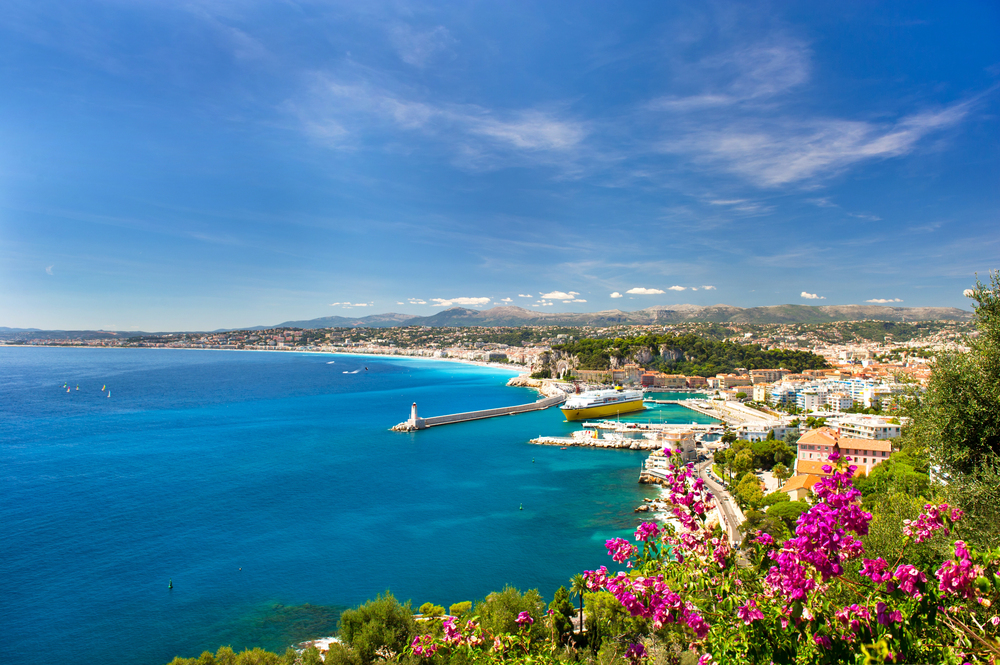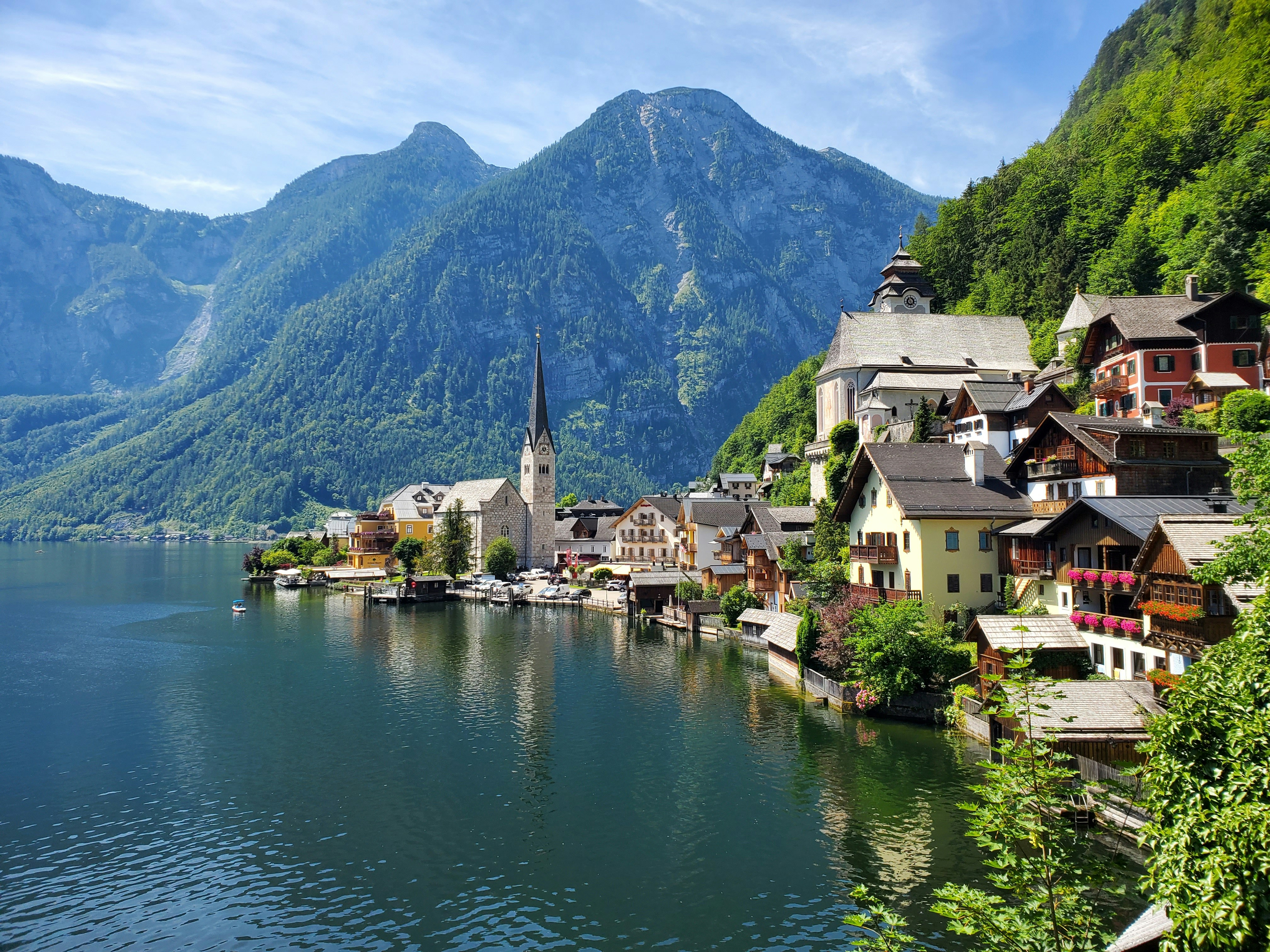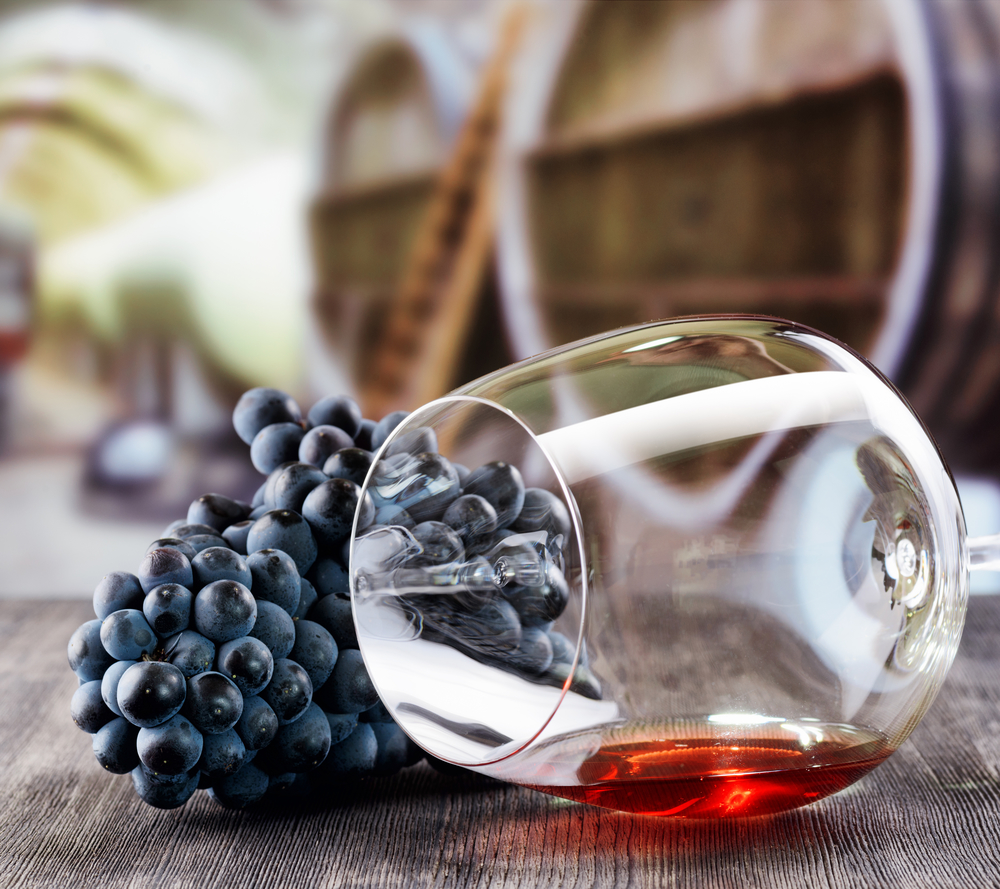Day 1 - Tuesday, April 09: Flight
Late evening departure on Air Canada’s
non-stop flight from Toronto to Lisbon.
Day 2 - Wednesday, April 10: Nazare
Late-morning
arrival in Lisbon, where we will be met by a private tour coach to take us
north to Obidos, the best preserved and most picturesque medieval town
in Portugal, where we will stop for lunch and a short visit. Then we continue
northward to Nazare, a famous fishing village with a long beach popular
with surfers. Check into the centrally located first-class/four-star hotel
Praia (https://www.hotelpraia.com/en/Homepage)
and free time to settle in. There may still be time for a walk on the beach or
in the old town before dinner in the restaurant of our hotel.
Day 3 - Thursday, April 11: Caminha
After breakfast,
short drive inland to the town of Batalha, site of a decisive battle,
fought in the year 1385, where a Portuguese victory secured the small country’s
independence from neighbouring Spain. Visit to the impressive Gothic monastery
that was built to commemorate the great victory and is classified as a UNESCO
World Heritage Site (https://www.portugalvisitor.com/portugal-attractions/batalha).
In the afternoon, scenic drive, sometimes along the coast and sometimes inland,
past the great city of Porto, to the northernmost periphery of Portugal, a
region known as Minho. Our destination is Caminha, a fortified town situated
on the estuary of the Minho River, which constitutes the border with Spain. Dinner
and overnight in the first-class Hotel Porta do Sol, overlooking the river and
Spain on the other side (https://hotelportadosol.com/en).
Day 4 - Friday, April 12: Caminha
A full day of
sightseeing in Minho, an area
of outstanding natural beauty with mountains, river valleys, and a dramatic
Atlantic coastline known as the Costa Verde or “Green Coast”. Our program will
include most if not all of the following: the village of Ponte de Lima with
its long medieval bridge; the historic towns of Guimarães, Portugal’s
first capital, a UNESCO World Heritage Site (https://www.portugalvisitor.com/portugal-city-guides/guimaraes-guide),
and Braga, the country’s
ecclesiastical centre, whose Bom Jesus do Monte church is a UNESCO World
Heritage Site (https://www.portugalvisitor.com/portugal-attractions/bomjesus);
Citânia de Briteiros, one of the most important protohistoric archeological sites of the Iberian Peninsula;
and a scenic ride back to Caminha along the coastal road. No group dinner this
evening, which means an opportunity to try traditional seafood specialties such
as cod and grilled sardines, with shellfish as a (sometimes considerably pricier)
alternative!
Day 5 - Saturday, April 13: Lamego
Departure from
Caminha after breakfast. We head for Porto,
Portugal's second major city, perched on the banks of the Douro River; the old
town, a UNESCO World Heritage Site, is the cradle of Portugal's independence.
The country was in fact named after the Latin name of this city, Portus Cale
(https://www.portugalvisitor.com/portugal-city-guides/ribeira-porto).
After a panoramic sightseeing tour and some free time to enjoy lunch, shop,
visit museums, and/or explore the city on your own, we head inland, following
the Douro River upstream, to the town of Lamego in the heart of the Port
wine country. Dinner and overnight in a traditional hotel, a former winery, the
Vascondes de Varzea.
(https://www.hotelruralviscondesvarzea.com/en).
Day 6 - Sunday, April 14: Lamego
A full-day
exploration of the scenic Douro Vally wine country, yet another UNESCO World
Heritage Site, with visits to a “quinta” or winery owned by the world-famous
firm of Sandeman, a scenic boat tour on the Douro River, and a visit to Casa de Mateus, the magnificent palace - and lush gardens! -
associated with the world-famous wine of the same name; a wine tasting is also
included. Return to the hotel in the late afternoon. Today, group lunch OR dinner.
Day 7 - Monday, April 15: Coimbra
This morning
motor south to the Buçaco Forest, an ancient, walled arboretum boasting more
than 250 tree and shrub species, including huge centenarians and exotics
introduced by Portuguese mariners; the forest is featured on UNESCO's tentative
list of World Heritage Sites (https://www.wikiwand.com/en/Bu%C3%A7aco_Forest).
On to Conímbriga for a visit to the impressive ruins of a major Roman
settlement, with a forum, paleo-Christian Basilica, baths, aqueducts, etc. (https://en.wikipedia.org/wiki/Con%C3%ADmbriga).
Then we arrive in Coimbra, an
ancient city which is home to the most famous university in the
Portuguese-speaking world and, founded in 1290, one of the oldest in Europe,
and now ranked as a UNESCO World Heritage Site (https://www.portugalvisitor.com/portugal-attractions/velha-universidade).
Our local city tour will focus on this venerable institution, and particularly
its fabulous library. Dinner and overnight in the first-class Hotel Tivoli
Coimbra (https://www.nh-hotels.com/hotel/tivoli-coimbra)
Day 8 - Tuesday, April 16: Evora
Departure from
Coimbra after breakfast. Drive south to Fatima,
the town where the Virgin Mary is said to have appeared before three peasant
children in 1917, for a look at the impressive sanctuary and time for lunch. Continue
into the Alentejo, a vast region whose name means “beyond the Tejo [i.e.,
Tagus] River”. This is Portugal’s garden, featuring huge cork plantations,
wheat fields, and vineyards. Our destination is the picturesque town of Evora, situated close to the Spanish
border. Dinner and overnight in the first-class Évora
Olive Hotel, situated in the heart of the beautiful historical city
centre (https://www.artsoulgroup.com/evoraolivehotel/en).
Day 9 - Wednesday, April 17: Evora
Morning walking tour
of old Evora, already an important city when Portugal, then known as Lusitania,
was ruled by the Romans, whose memory is conjured up by the remains of city
walls and baths as well as the ruins of what must have been an impressive
temple; the town is a UNESCO World Heritage Site (https://www.portugalvisitor.com/portugal-city-guides/evora-guide).
Also short sidetrip to view the extraordinary prehistoric site of Os Almendres,
where no fewer than 92 megaliths are sprinkled on a hillside. Return to the
hotel and rest of the day free to shop or explore Evora on your own. No group
dinner this evening.
Day 10 - Thursday, April 18: Algarve
Departure from
Evora after breakfast. We motor southward to the Algarve, southern
Portugal’s world-famous coastline, sprinkled with historical fishing villages,
picturesque towns, and seaside resorts. Our destination is the small resort of
Alvor, situated on the banks of the estuary of the Alvor River and boasting one
of the larges sandy beaches. Accommodation in in a four-star hotel overlooking
the beach just outside the small resort of Alvor, the Pestana Dom João II (https://www.pestana.com/en/hotel/pestana-dom-(joao?gclid=CjwKCAjwwb6lBhBJEiwAbuVUSjDYLGt8Zdheauuslif0Pza5zfOlKa0o9eqoGCAewd3XU17jib1mEhoC4CcQAvD_BwE)
Hopefully we will arrive early, so there will be time for a walk on the beach
or into the town before dinner in the restaurant of our hotel.
Day 11 - Friday, April 19: Alvor
Few tourists
visiting the Algarve know that this part of the country also happens to be the starting
point of Portugal’s great discoveries and subsequent worldwide expansion, truly
amazing for a relatively small country. This morning we visit the place where
much of this accomplishment was orchestrated under the auspices of Prince Henry
the Navigator, namely the town of Sagres with its fishing village,
beaches, fortress, and Cape Saint Vincent. Return to the hotel after
lunch and afternoon at leisure.
Day 12 - Saturday, April 20: Lisbon
Departure after
breakfast. Drive to seaport of Setubal,
where we stop for lunch and will hopefully have an opportunity to visit the
impressive medieval Monastery of Jesus. In the afternoon we cross the estuary
of the Tagus River via the impressive 2 km-long Bridge of 25 April, reminiscent
of San Francisco’s Golden Gate, and arrive in Portugal’s magnificent capital, Lisbon. Our home here will be the first-class/four-star
Jupiter Lisboa Hotel (https://www.jupiterhotelgroup.com/en/page/lisboa/jupiter-lisboa-hotel-lisbon-hotels.6634.html).
Today, group lunch in Setubal OR dinner in Lisbon.
Day 13 - Sunday, April 21: Lisbon
After breakfast,
panoramic sightseeing tour of central Lisbon, with the Castle of Sao Jorge and
the Cathedral in the picturesque old Alfama District,
and the Baixa or “downtown,” a network of squares and avenues constructed after
the infamous earthquake of 1755, which levelled most of the Medieval city; one
of the attractions here is the Elevador de Santa Justa, an elevator in
the Jugendstil, built around 1900 to connect the Baixa and Chiado Districts. In
the afternoon we continue our sightseeing program with a thorough visit to the
historic neighborhood of Belém, situated along the Tagus River. The prime
attraction of this UNESCO World Heritage Site is the grand Jeronimos Monastery,
constructed in the early 16th century and financed with profits generated by
the spice trade. It is a fine example of so-called “Manueline” architecture, inspired
by the Medieval Gothic tradition, the new ideas of the Renaissance, and the
great voyages and discoveries of the Portuguese in that era. Belem’s other
great monument is the Belem Tower, symbol of the city. Finally, a visit to
Belem would not be complete without a visit to the local pastry shop that is
the birthplace of a world-famous delicacy known as Pastéis de Nata or Pastéis
de Belem! Dinner in a typical restaurant.
Day 14 - Monday, April 22: Lisbon
Full-day
excursion to the sophisticated Atlantic coastal resorts of Estoril and Cascais, plus
Sintra, a wonderful little town that
was declared a UNESCO World Heritage Site on account of its 19th-century
Romantic architecture (https://www.portugalvisitor.com/portugal-city-guides/sintra-guide),
and Cabo da Roca, a rocky cape
rising almost 150 meters above the waters of the Atlantic Ocean, the
westernmost point of mainland Europe. Return to Lisbon in late afternoon and
evening at leisure. No group dinner.
Day 15 - Tuesday, April 23: Lisbon
Morning visit to the Gulbenkian Museum, located close to
our hotel, one of the world’s finest private art collections, with works
ranging from ancient Egypt to the 20th century, by masters such as Rubens,
Rembrandt, Turner, and Degas. Afternoon free to explore Lisbon on your own or shop,
for example in the nearby famous department store, El Corte Ingles. This evening, our final group dinner will be
accompanied by a performance of traditional Fado songs!
Day 16 - Wednesday, April 24: Flight Home
After breakfast,
transfer to the airport and return flight to Toronto with Air Canada, departing
around 1 PM and arriving around 4PM.







